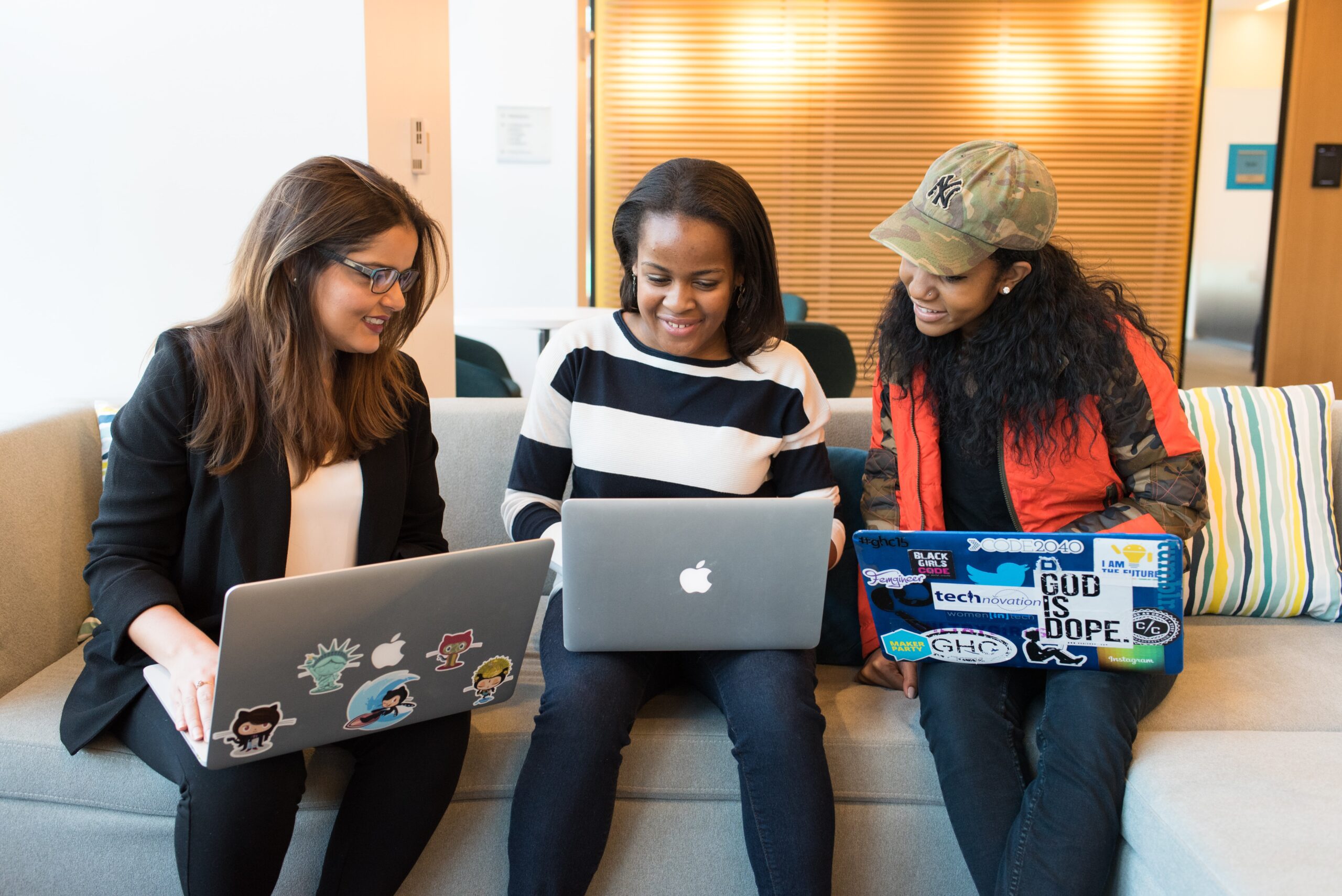

Innovation in science, technology, engineering, mathematics, and medicine (STEMM) plays a critical role in addressing societal challenges such as healthcare disparities, environmental risks, and economic inequalities — yet members of the communities most affected by these societal challenges tend to participate less in federal seed funding programs relative to their share of the U.S. population.
The lower participation in federal seed funding programs among certain groups—including rural communities, people from Indigenous communities, people of color, women, and people with disabilities—can be attributed to a variety of factors, and most centrally to a lack of capital, whether financial, educational, social, or other.
Over 20 months, the Compass Pilot identified and developed a set of rigorously researched, co-designed, and piloted tools that can now be adapted by a variety of players in the innovation ecosystem to have impact in supporting undercapitalized innovators at scale. The primary tool is a publicly available web platform, Innovation Compass.
Research Participants
U.S. States & Territories
Months of Direct Participant Engagement
During our research, we engaged undercapitalized innovators, experts who support them, and federal staff with seed funding expertise to better understand the challenges innovators face when developing their business ideas.
As in all Public Policy Lab projects, we took a human-centered design approach, conducting qualitative research with participants to learn more about their experiences and ultimately generate fuel for the design process.
Participant Sample
We spoke and collaborated with:
Research and Co-Design
PPL collaborated with innovators from 22 U.S. States and Territories in varying phases of the early innovator journey and with varying levels of connection to the larger innovation ecosystem.
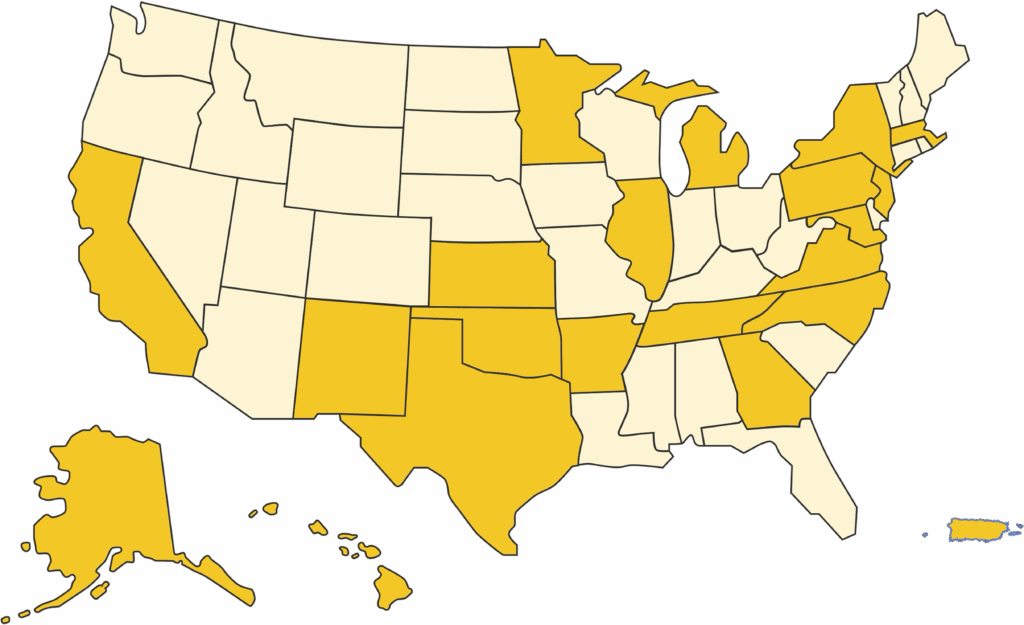
What We Heard
During research, participants shared their experiences across the journey stages of seed funding: from getting started with an idea, to learning about funding, to applying for funding.
Among other things, we learned that undercapitalized innovators, in particular, need:
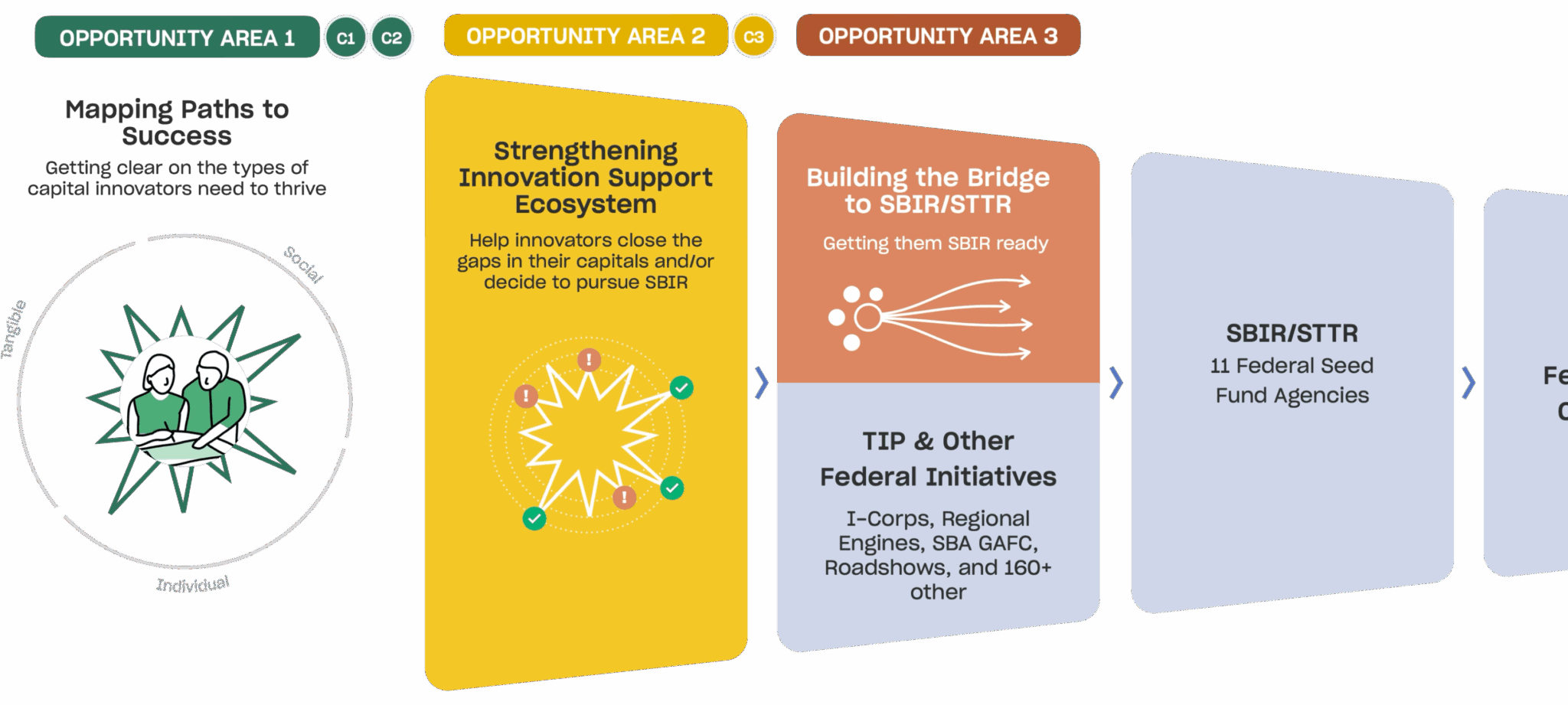
Opportunity Areas
In collaboration with our partners at the NSF, we shifted focus to opportunities preceding application for federal seed funding.
Redefining Scope
While we were initially inclined to focus on redesigning the application process, our NSF partners noted that there was already work being done in this area. Instead, we identified that the unique value of our contribution could be further upstream: focusing on what might enable early-stage innovators to advance science and technology ventures toward eventual fundability and successful launch.
Within this refined scope, we generated dozens of big and small ideas to meet the identified challenges. Then, on the basis of our preliminary ideas, we worked with our partners and advisory committee to define three opportunity areas for intervention at different stages of an innovator’s journey, all of them preceding actual application to the Small Business Innovation Research (SBIR) or Small Business Technology Transfer (STTR) federal seed funding grants.
Our NSF partners were most interested in a subset of Opportunity Areas 1 and 2: helping innovators identify the types of capital they need to thrive and supporting them to close any related gaps. Focusing on capital building felt more impactful than application improvements for any given federal funding program. This more holistic priority, along with PPL’s intention to center the first-hand experiences and needs of undercapitalized innovators, guided the solutions we ultimately co-designed.

Co-Design Sessions
During ten workshops, we collaborated with innovators to narrow in on design concepts. These concepts centered around tools to orient innovators to the innovation ecosystem, to assess the assets that innovators have and lack, and to consolidate essential resources.

We recruited a group of 15 innovators from across the country to help us refine and iterate our initial ideas. We spent five months working together to develop prototypes. This human-centered design process gave innovators real authority over the project’s outputs. Over ten co-design workshops, innovators mapped out their personal innovation journeys, provided critical feedback on prototypes and design directions, and helped us refine a central innovation framework within which all the other ideas could rest.
Together, leveraging needs expressed during research and design concepts developed in co-design, we developed a web platform, Innovation Compass.
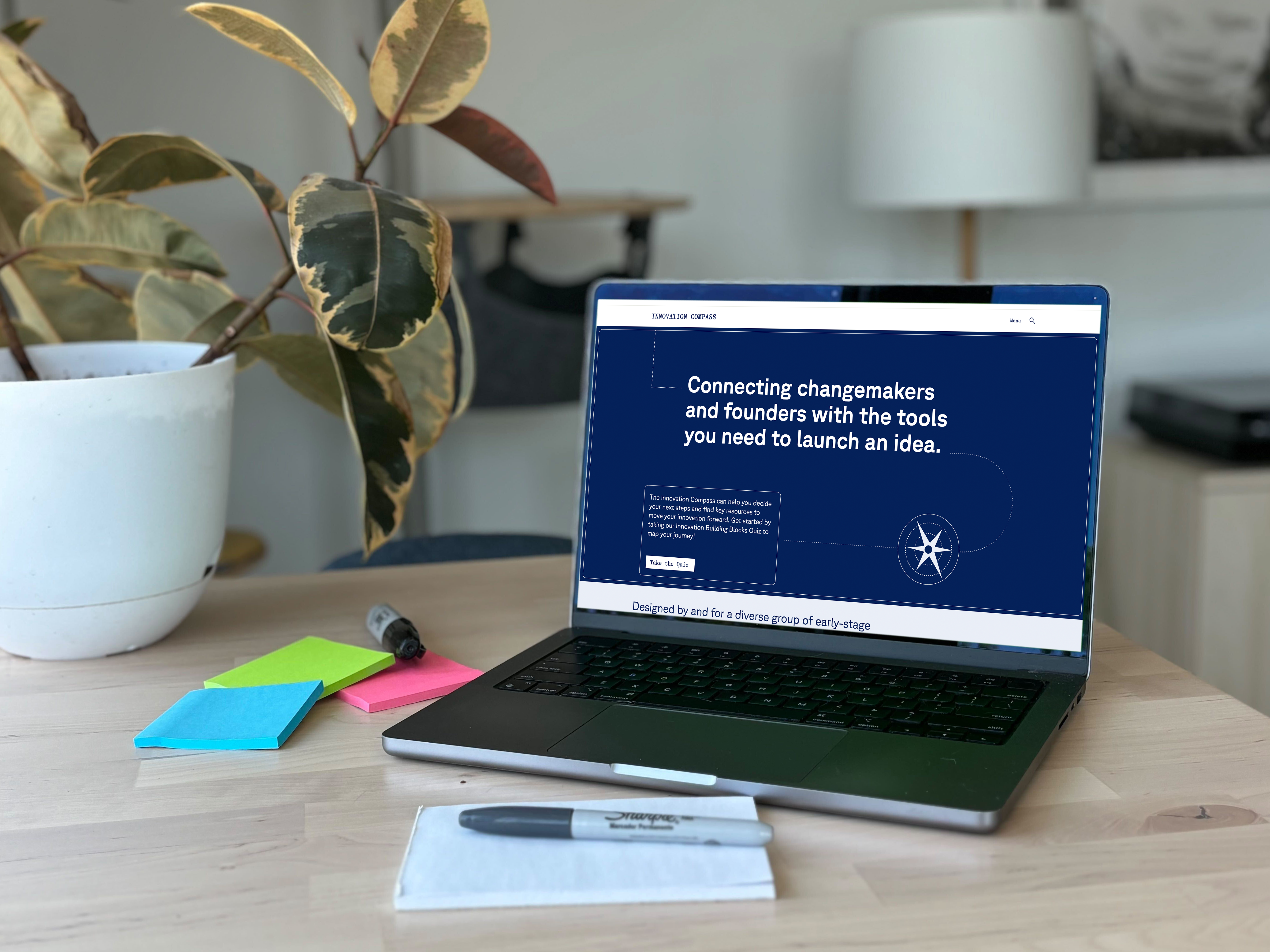
Innovation Compass Website
The website aims to empower early-stage, underrepresented innovators to move their innovation forward by providing access to curated information and resources essential for navigating the innovation ecosystem.


Innovation Compass is a learning hub designed to equip early-stage innovators with the foundational resources they need to thrive, particularly in environments where support infrastructure may be scarce or inaccessible. The platform offers a standardized framework composed of six key features:
The combination of these features aims to enable innovators not only to develop their ideas but also to build confidence throughout the process. Our engagement with innovators and support organizations suggested that this combination of confidence-building and capacity-building is especially key among undercapitalized innovators.
For example, innovators in rural communities might not have easy access to mainstream innovation hubs, academic institutions, or professional networks. By introducing the Building Blocks framework and related Practices, the platform helps innovators recognize specific actions they can take and resources they can utilize to advance their innovation ideas.
The approach promotes holistic thinking, allowing innovators to assess where they are in their journey, where they need to go, and how to chart a course toward success.
This is the real thing. As an entrepreneur, you need a road map. You don't always want or have time to reinvent the wheel. Pulling on templates and tools for reference has been life changing.”
—Innovator
Our Pilot Methodology
Over three months in late 2024 and early 2025, we piloted a minimum viable product (MVP) of the Innovation Compass platform with 25 early-stage and undercapitalized innovators. From 176 applications, we selected this cohort based on a range of criteria including their focus on science and technology for social impact, their geographic spread, with priority for rural participants, their levels of connectivity to innovation networks and resources, and their stage of the innovation journey. Each participant received a $20,000 micro-grant to support their learning development in tandem with their use of the platform.
We also engaged a handful of mentors and a group of innovator support organizations (ISOs) to test and provide feedback on their potential use of the platform and its components.
Across these different users, we identified 54 distinct learning questions we hoped to answer through the pilot and developed nine qualitative and quantitative approaches to capturing data to provide those answers.
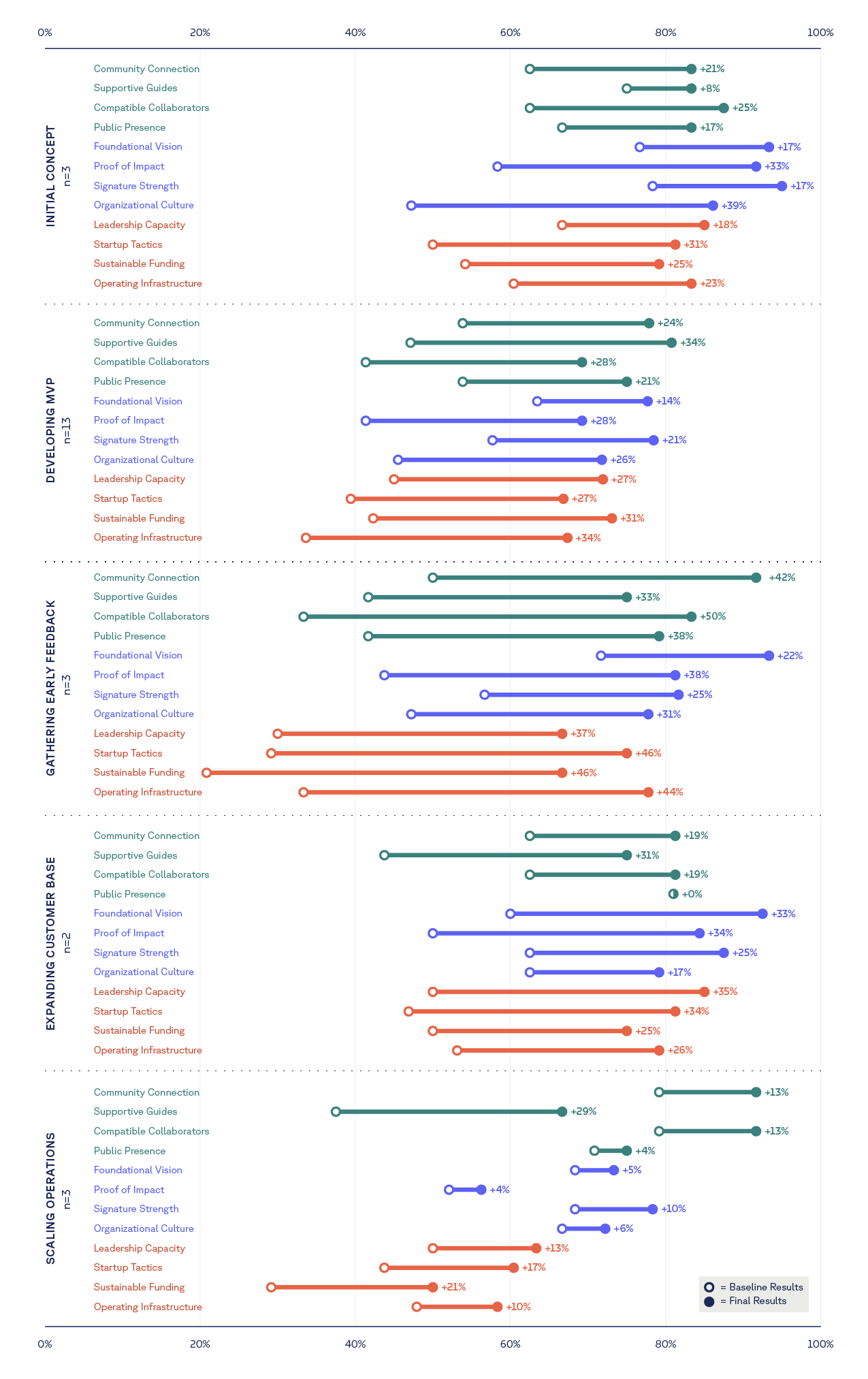
Pilot Outcomes
By the end of the pilot, every innovator in the pilot cohort showed a notable increase in their results on the Compass Quiz, indicating greater preparedness to successfully launch a venture by the end of the pilot.
The visualization above illustrates innovators’ growth in each of the 12 Building Blocks between the start and end points. We grouped this data in multiple ways, but in each grouping, every segment of the cohort demonstrated growth across all Building Blocks and also across almost all Practices. On the scale in the visualization, a self-reported 0% reflects a total lack of preparation on any of the Practices related to a Building Block, while 100% reflects complete preparation for all Practices related to that Building Block.
This visualization also supports pilot findings that innovators at the beginning of the innovation journey (Initial Concept) tend to overestimate their preparedness to succeed based on a shallower sense of what they don’t know.
Based on our final evaluation survey, pilot participants most valued:
I’ve never seen anything with the kind of self-reflection you get from the quiz, and the helpfulness of the rankings for things that you need to work on. That’s something totally new to me and probably the most helpful."
—Innovator
Redesign
Based on pilot feedback from innovators, mentors, and innovator support organizations, we conducted a final phase of redesign to address obstacles and improve value. We also identified a set of future upgrades that, though out of scope for the current project, could improve Innovation Compass. We are open to new partnerships that might enable us to develop these and other new features:
The Innovation Compass web platform is live and accessible to the public. The code and components of Innovation Compass are freely available on our GitHub page to share and adapt with attribution through a Creative Commons license.
You can also purchase an analog card deck version of the 40 innovation practices in our shop. These are useful for engaging in-person groups in reflection around innovation capacities and practices, as well as engaging innovators who are less interested in web-based tools. We also held a webinar on ‘Co-Designing to Build Capital‘ using the Innovation Compass project as a case study.
Focusing our intervention upstream of the application process for federal seed funding enabled us to target a richer root cause of underrepresentation among undercapitalized innovators in that grantmaking pool. But it also meant that the intervention couldn’t easily be integrated by the NSF or other federal agencies.
Aside from our federal partners, we worked with Innovator Support Organizations (ISOs) to explore the potential for them to iterate and scale Innovation Compass. Key ISOs ran their own internal pilots using the components of Innovation Compass and found exciting value in integrating it. We learned from them what they needed to be able to make use of the site’s components in their own platforms and tools, and then worked with them to deliver on those needs. Current implementation partners include Cambio Labs, the Center on Rural Innovation, and the HBCU Founders Initiative.
PPL is a tax-exempt 501(c)(3)
nonprofit organization.
info@publicpolicylab.org
+1 646 535 6535
20 Jay Street, Suite 203
Brooklyn, NY 11201
We'd love to hear more. Send us a note and we'll be in touch.
We're currently seeking applications for a Graduate Summer Intern. If interested, learn more about the role here.
To hear about future job announcements, follow us on Instagram, Twitter, Threads, and LinkedIn or subscribe to our newsletter.
Enter your email below to subscribe to our occasional newsletter.
Wondering what you’ve missed?
Check out our
The Public Policy Lab is a tax-exempt
501(c)(3) nonprofit organization.
Donate now to support our work; your
gift is tax-deductible as allowed by law.